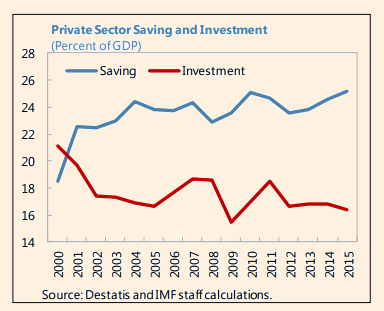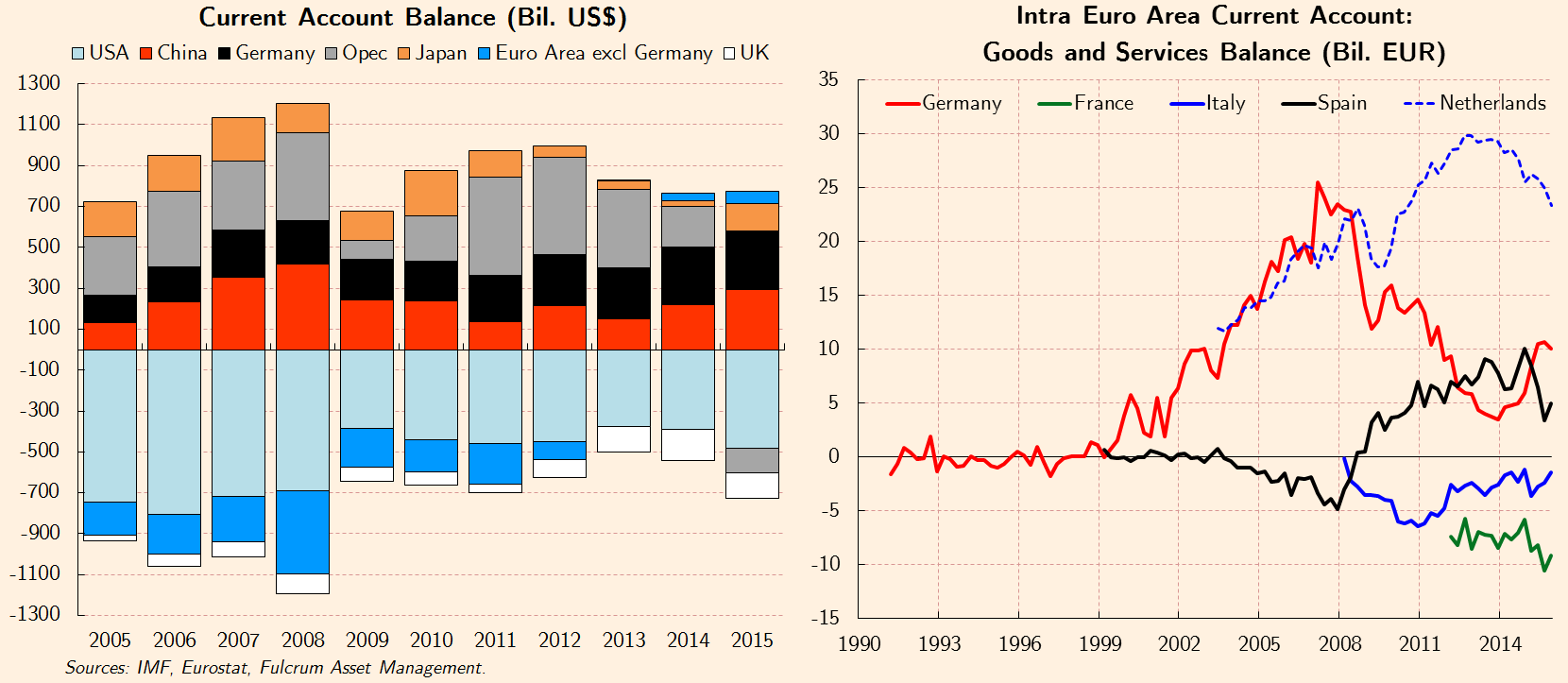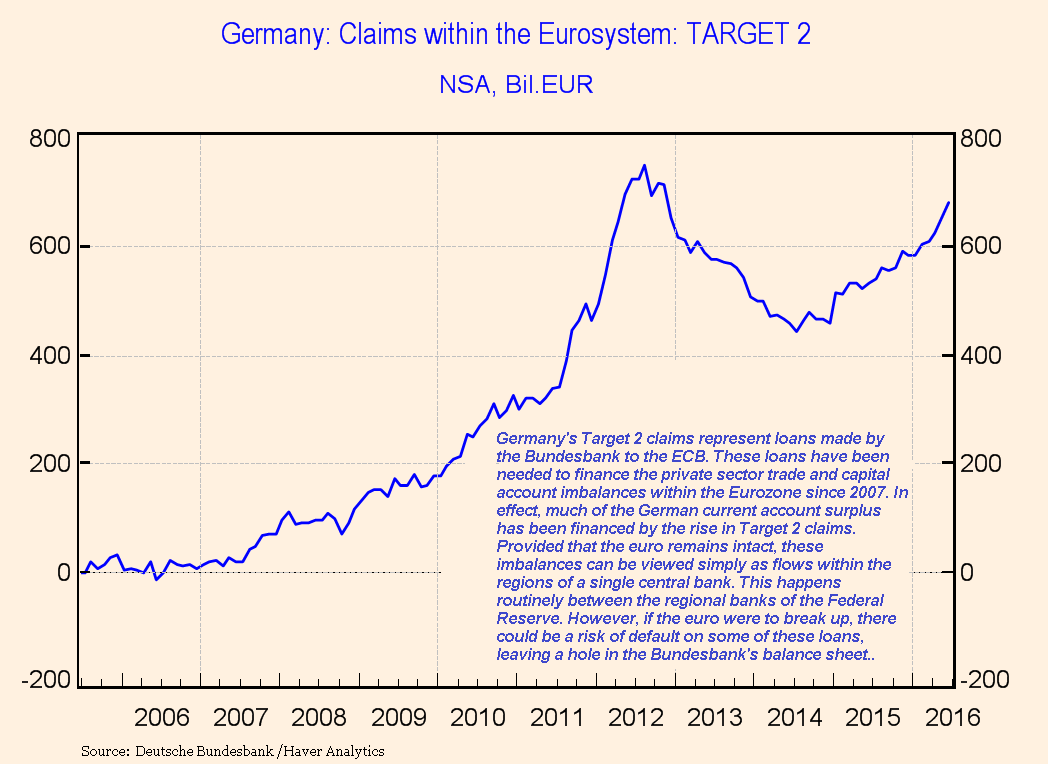Capitalists are good at selling things. Long before the
wealth they controlled was applied to the expropriation of the English
peasantry and then to the alienation of their living labour for the purpose of
industrial production to cover expanding consumption – long before that time,
the industrial bourgeoisie was a class of merchants who profited from moving or
trading merchandise between different ‘markets’. Indeed, the earliest
definition of ‘entrepreneur’ was given by Cantillon and it referred exclusively
to merchants, not to ‘producers’ who in his time were still predominantly
artisans.
Even to this day, when we think of capitalists we think
almost exclusively of ‘businessmen’ – in other words, we think of either
managers and bankers or of merchants ‘cutting deals’ or trading merchandise. We
never think of engineers, for instance. The notion of capitalist is thus
identified with that of someone ‘selling a product’. The most important aspect
of capitalism is not that of producing for need but rather that of creating
artificial ‘needs’ or wants, and specifically needs and wants that do not
emancipate workers but instead ensure that workers remain chained to or
enslaved by wage labour.
Capitalism therefore has the overwhelming intrinsic tendency
to present its products and its industries in the most appealing light. That is
why the ‘reality’ that we see in advertising is so different from the daily
reality most of us must face. And now that capitalist enterprise has come to
dominate the entire world of information (which is now ‘misinformation’ and
explains why no-one trusts ‘experts’ any longer), even the so-called ‘news’ is
entirely removed from reality. This dis-connection or discrepancy between
social reality and the image that capitalism promotes (from cigarettes called
‘fresh’ to cars filmed on mountain hills to ‘smartphones’ used to play Candy
Crush, to the Republican and Democratic Conventions) is something that is now
finally coming back to bite the bourgeoisie very hard. The bourgeoisie reaps
what and where it sows.
This discrepancy between capitalist image and human reality
was once easy to hide from view – for the simple reason that national
bourgeoisies could use the nation-state to export, as it were, all their
‘contradictions’ to other regions of the world, from India to Australia, or
even to the American mid-West or to Central and South America and, more
recently, to China. Indeed, as Hannah Arendt acutely reminded us (see the first
volume of The Origins of Totalitarianism called ‘Imperialism’), in its early
phase the capitalist bourgeoisie’s most important export were its angry young
leaders who may otherwise have caused havoc at home. This operation was easy in
the past because the capitalist West, through its nation-states and their
armies and navies, could easily impose control over “the Third World” through
either ‘formal’ or ‘informal’ imperialism. As we know, this task is well-nigh
impossible now for obvious reasons, the most important of which is that such
attempt would run against the very ‘consumerist-pacifist’ (quiet and private
enjoyment) ideology of capitalist societies; but also because the Western
population has fallen dramatically as a percentage of global population; and
finally because the very selfish individualism promoted and sanctified by the
bourgeoisie is simply inconsistent with the effort and sacrifice that empire,
formal or informal, always entails and engenders.
The mythology of liberalism was built in part on the notion
that a ‘liberal’ nation-state was also a ‘minimalist’ nation-state in the sense
that it was reduced to the bare essentials to ensure social order. But in
reality capitalist or ‘liberal’ nation-states have always been militarily very
powerful and extremely aggressive – although now in an increasingly ‘mercenary’
manner through technological superiority and paid professional armies. Were it
not for this, it is hard to imagine how the cravenly selfish capitalist bourgeoisie
could ever convince its populations to fight for its “liberal democracy”. Thus,
not only was the notion of “liberal democracy” a total antithetical myth, but also
that of “the liberal State” and of “laissez faire” was an utter lie. As Franz
Neumann established (in The Democratic
and the Authoritarian State), it was never the case that the
Western-capitalist ‘liberal’ nation-state was ‘weak’ in this military and
repressive sense.
What has changed after World War II where the
Western-capitalist nation-state is concerned is that formal empire has become
impossible and even informal empire has grown more difficult in the sense that
it can be imposed only through minimal and targeted military interventions but
far more often through financial flows (the capital mobility that Benjamin
Constant confused with ‘democracy’), through espionage and ‘destabilisation’ or
else through various forms of political, economic and military pressure from “the
international community”. But this very ‘mobility’ of capital which in the days
of capitalist imperialism could be used in a mercenary way to exert direct
economic pressure on capitalist populations themselves and above all on “the
Third World” – this very mobility of capital that Constant thought was the
greatest political asset of modern capitalism – this very mobility of
capitalist financial flows now constitutes the biggest threat to the political
stability of capitalist liberal regimes. We shall turn to this crucial new
development in the historical dynamic (or ‘logic’) of capitalism in the next
intervention.



